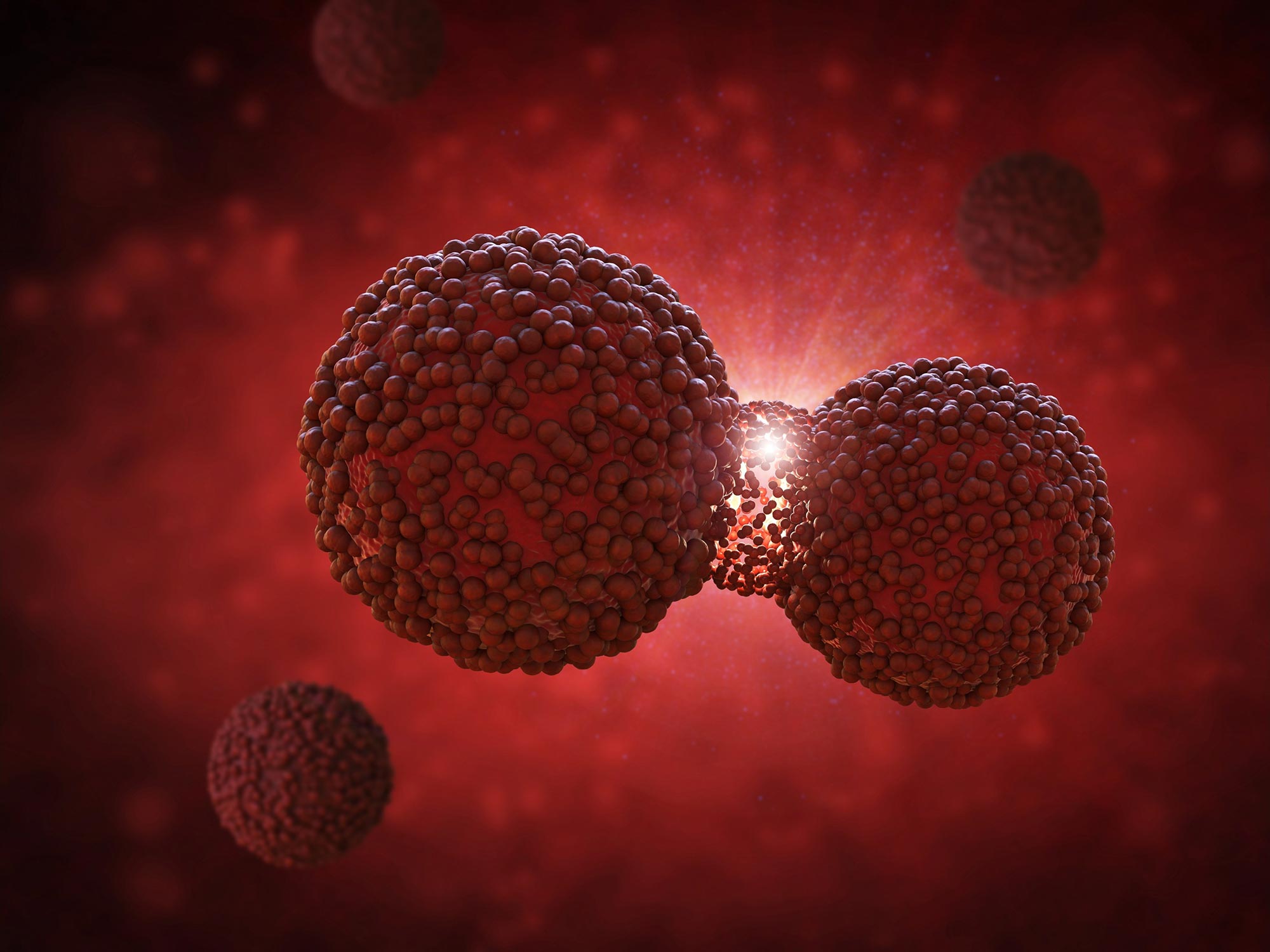Connect with us
Published
2 months agoon
By
admin
Researchers from the Francis Crick Institute, University College London, and The Royal Marsden have made significant discoveries about how skin cancers, particularly melanoma, develop resistance to treatments. Their study, part of the Cancer Research UK’s PEACE initiative, analyzed tumor samples from 14 patients who succumbed to advanced melanoma. They found that changes in tumor DNA—such as alterations in structure, composition, and copy number—can prevent treatments like immune checkpoint inhibitors (ICIs) from recognizing and attacking cancer cells, leading to the disease’s progression. Specifically, 11 out of the 14 studied patients lost genes necessary for effective immunotherapy. By understanding these genetic changes, the research aims to facilitate the development of new treatments to enhance survival rates for advanced cancer patients. Relatives of study participants, like Dave Sims, have emphasized the importance of this research in preventing other families from experiencing similar pain, highlighting the selfless contributions of their loved ones to advance our knowledge of melanoma. The comprehensive nature of this study makes it the largest of its kind, paving the way for future cancer research aimed at improving treatment strategies and patient outcomes.













